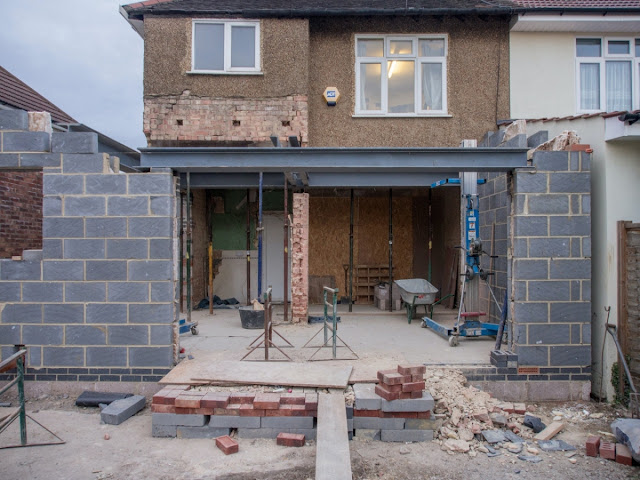Factors to Think About Before Building an Extension
There are many different motivations for house expansions. For instance, when families expand, they will need more room. You may be thinking of building a nursery or a playroom for the kids. You may utilize an extra room in your home for work, study, or exercise. Because of this, you should think before getting started the house extension Chelsea process about a few things.
1. Does adding on to your property increase its value?
It may seem apparent, but you should check to see whether your home addition would raise the property's worth. You will need to assess if the entire cost of your expansion construction will be greater or less than the value generated. This is easier said than done since you never truly know how much your house will fetch until you have an estate agent's valuation or see what bids come in after you put it on the market. The quickest and most reliable method, however, is to research recent sales of comparable homes in the neighbourhood and uses that information to set a price for your own.
2. Can your present boiler handle the load of an added room to your home?
Now, this is not an issue for 99% of houses, but you should still check to see whether your boiler could handle the added load of under-floor or space heaters. It is best to anticipate any problems that may arise after your boiler reaches its optimum efficiency.
3. Do you have to get a building permit?
Permitted development rights are complicated as regulation is continuously changing. Professional planning guidance is highly recommended, even if there are manuals available that describe what can and cannot be done under approved development. In that case, you may be required to get planning approval even if the addition is legal under authorized development standards.
If you need planning approval, the Council will decide on your application in around eight weeks. If there are concerns, this may take more time. Spend less time and money on revisions to make sure your plans follow all applicable regulations. To do otherwise may lead to expensive redesigns. Most architects may recommend a planning consultant.
4. Do I need to consider building codes?
Minimum standards for things like fire safety, energy efficiency, damp proofing, ventilation, and structural integrity are established by building rules. Even if, in certain situations, you do not need to get a planning authorization for your alteration, you will likely need to have a building regulation clearance. All new construction work must normally adhere to codes. This often comprises home additions, loft conversions, bathroom and toilet work that requires new drainage or plumbing, changed openings for new windows, installing a new chimney, etc.
5. What about the neighbouring properties?
Since everyone wants to get along well with their neighbours, it's a good idea to tell them at every stage of the process. When doing more difficult alternates, their quality of life may ultimately suffer significantly. Here are some crucial questions to which consideration should be given:
• Parking Policies
• Will people ignore your new extension?
• Will my new arrangement reduce the amount of daylight in my neighbour’s house or garden?
• Who owns the trees, hedges, and fences that separate the properties?
6. How can I locate trustworthy architects and builders?
One of the most crucial steps—if not the most crucial—in the whole house expansion process may save you a tonne of money, time, and anxiety. Speak with your friends who may have completed a job comparable to this one before. Find out from your neighbours whether they have made any changes to their homes. Getting precisely what you want out of a job like this requires using a recommended contractor or architect.
Use the internet as well. Take a look at all the ideas for house extensions that are available. Find reputable contractors in your region, go over their portfolio, and attempt to get in touch with some of their former clients so you can view the completed job in person.
7. What is the recommended size for a house extension?
Extenders often get fixated on the project's square footage rather than the value that such size adds to the home. When it comes to home additions, more is not necessarily better. In fact, there are several methods to provide the impression of greater space without building a substantial addition. This is often accomplished by creatively designing both the new area and the existing one.




Comments
Post a Comment